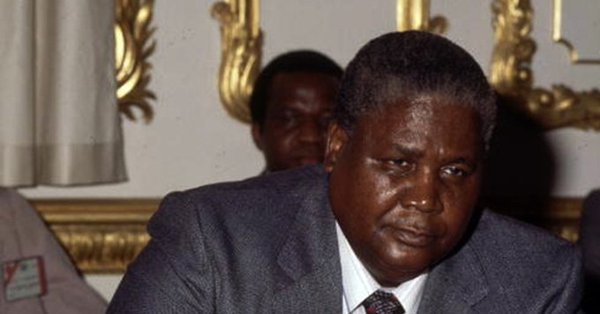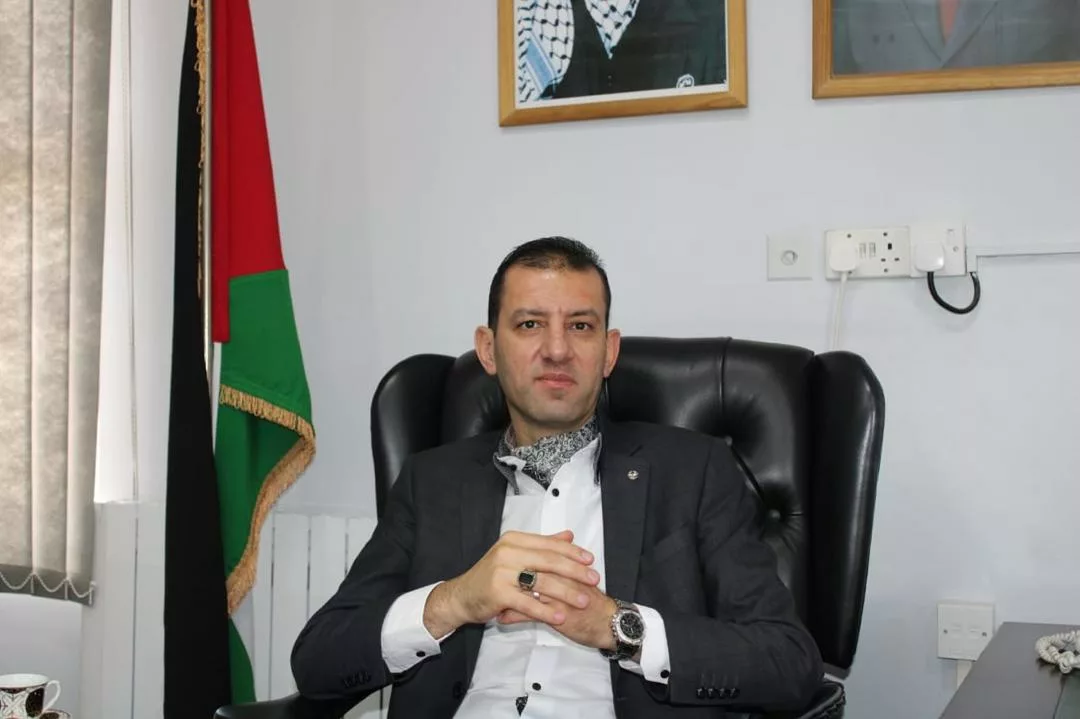By Farai Chirimumimba
The late Vice-President Dr. Joshua Nkoma is being remembered, as July 1st 2019, marks 20 years since the popular national liberation hero died at a local hospital aged 82 .His death shocked the country and triggered a flood of grief. Joshua Nkomo’s family have created a foundation in his owner and on Saturday a concert dubbed “Umdala Wethu Dance”, was held at White City Stadium to honour his legacy.
Outside his Pelandaba and Matsheumhlope homes in Bulawayo it looks a lot different than it did 20 years ago, when it was the scene of mass mourning and tribute for Dr. Nkomo. It has taken just about that long to try to understand what his life and death have meant.
The official recognition of the 20th anniversary of Nkomo’s death began at the 2019 Annual Joshua Nkomo Memorial Lecture delivered by Professor Sabelo J Ndlovu- Gatsheni, organised by Joshua Nkomo Legacy Foundation at the Midlands State University (MSU) on June 7, under the theme “In memory of Umdala Wethu: African Intellectuals, African Developmental University and African Futures.”
With a sizeable crowd of academics and well-wishers at the function, it was all but a faint echo of the mass expression of public grief that had followed Dr. Nkomo’s shocking death. Back then it became more than a tragedy for the family. The Ekusileni Hospital project a brainchild of the late vice President Joshua Nkomo has been lying idle since its closure in 2004. It is a national psychodrama that seemed to shake the foundations of the ZANU PF party.
Then head of State and government, President Robert Mugabe who, it was said, had waited too long before acknowledging the nation’s Gukurahundi (the early rains that washes away the chaff) in sorrowful events that left an estimated 20,000 mostly Ndebele civilians dead in Matabeland and parts of Midlands Provinces during the early 1980s. This was after government unleashed the fearsome red beret Fifth Brigade, a North Korean trained unit to hunt down a reported insignificant number of dissidents. Mugabe has never apologised. He came close to apologising when he said Gukurahundi was a “moment of madness” at the burial of Nkomo.
Again the then president is still being blamed for not releasing two important documents; the (Chief Justice Enoch) Dumbutshena Commission of Inquiry which investigated the events surrounding the Entumbane uprising between November 1980 and March 1981 and (Simpson) Chihambakwe Commission of Inquiry which investigated the killing of an estimated 20,000 mostly Ndebele civilians in Matebeleland and Midlands by Fifth Brigade between 1983 and1985.
The release of the two documents will step up efforts towards constituting proper structures for truth, justice and reconciliation to achieve national healing and cohesion. The people’s Father Zimbabwe had seemed to single-handedly drag the stuffy ZANU-PF into the modern world and had more or less become its brand.
The fractures in the bond between the former PF ZAPU, ZANU-PF and the people that Nkomo’s death revealed became the story then. In some ways, though, his death is proving more difficult for them to handle than his life was. Twenty years later, the flowers are gone and that great flood of shock and grief that had swept Zimbabwe has long since receded, leaving a kind of sad nostalgia behind. His Matsheumhlope home has been turned into a museum which his family had been exiled from after his death. All those changes to the family, they turned into mostly a question of style.
The Zimbabwe Independent reproduced the 2019 Annual Joshua Nkomo Memorial Lecture delivered by Professor Sabelo J Ndlovu- Gatsheni on June 7 where he reminded the audience that: “Kwame Nkrumah once said “I was not born in Africa. Africa was born in me.” Joshua Nkomo was not born in Zimbabwe. Zimbabwe was born in him. This means that under whatever level of provocation, he could not betray what was born in him. Destroying Zimbabwe in whatever for is an attack on Nkomo’s legacy. He was called “Father Zimbabwe” because Zimbabwe was born in him.” It just goes to show the huge influence he had and still has.
In his memoirs, Story of My Life, published in 1985 as serialised by the Daily News on Friday, 01 June 2012, Nkomo wrote: “I have been called Father Zimbabwe. Whether I deserve that title is not for me to say. But by a dozen years in prison and a half as many in exile I believe I have earned the right to speak for freedom while it is still endangered – this time not by far-off colonial rulers, nor by a settler population who will, I hope, now play their full part as citizens of a new nation, but by my former colleagues in the iberation struggle.”
The question is who are these “former colleagues?” Do we know them? Somebody who has not been a focal point lately is the current President Emmerson Mnangagwa. He has chosen like his predecessor may think wisely to continue making cosmetic overtones that neither lead to Gukurahundi closure nor oneness.
I hope Nkomo’s children have decided that on the anniversary of their father’s death will come all out in public view. After all, the 20th anniversary of Nkomo’s death is a once off occasion. We can’t forget!
Farai Chirimumba writes in his personal capacity and his views do not reflect the views of Spiked Online Media






